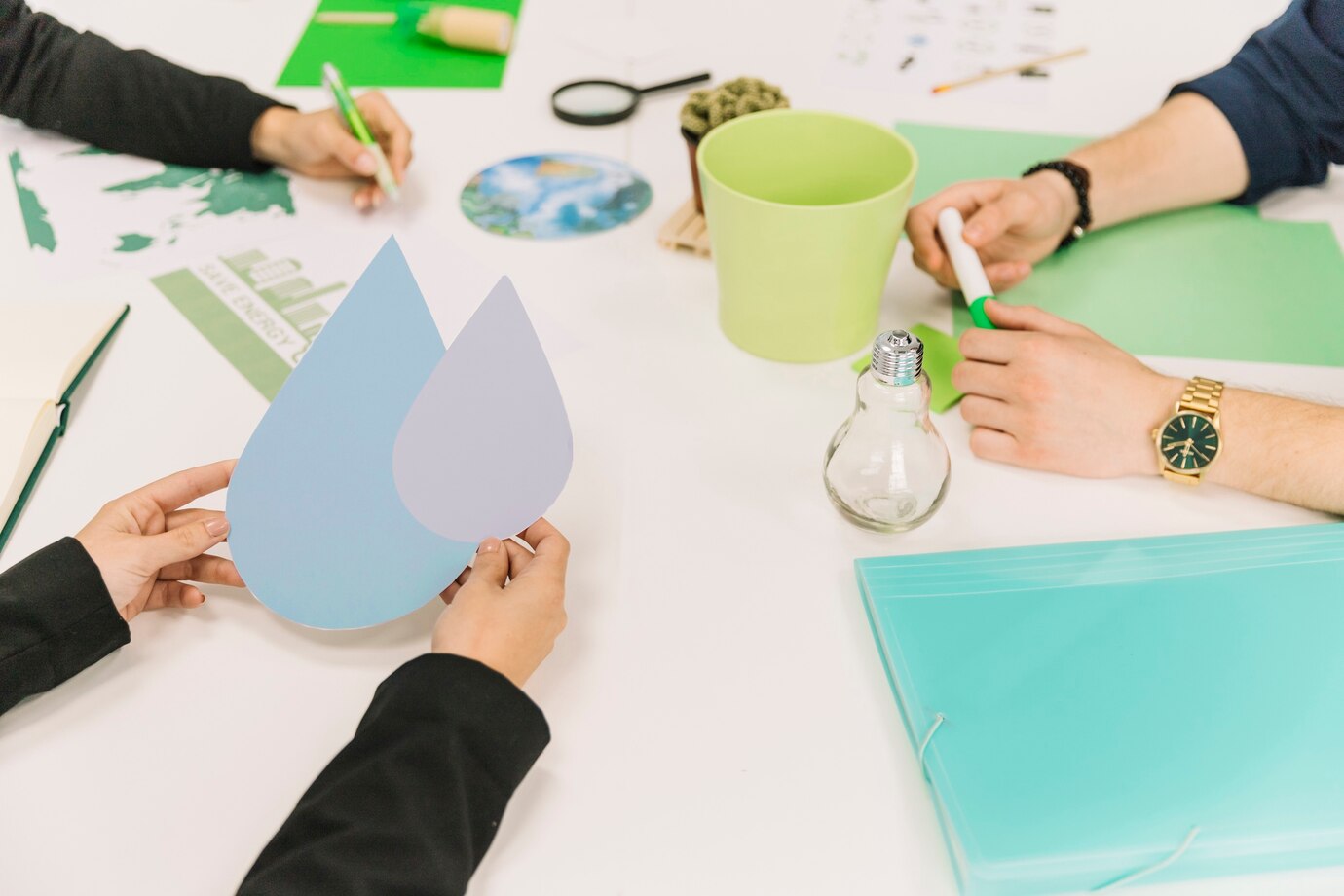Introduction*
In the face of growing water scarcity and environmental challenges, technology has emerged as a powerful tool for enhancing water conservation and management efforts. From advanced sensors and monitoring systems to innovative water treatment technologies, technological innovations are revolutionizing the way we understand, monitor, and manage water resources. In this blog, we’ll explore the role of technology in water conservation and management, highlighting key innovations and their potential impact on sustainability.
Advanced Sensors and Monitoring Systems
One of the key challenges in water management is accurately measuring and monitoring water resources in real-time. Advanced sensors and monitoring systems enable continuous monitoring of water quality, quantity, and usage, providing valuable data for informed decision-making. For example, IoT (Internet of Things) sensors can be deployed in water bodies, pipelines, and irrigation systems to track water levels, detect leaks, and optimize water distribution.
Smart Irrigation Technologies
In agriculture, smart irrigation technologies are revolutionizing water management practices by enabling precise and efficient irrigation scheduling. These technologies use data from soil moisture sensors, weather forecasts, and crop evapotranspiration rates to optimize irrigation timing and volume, minimizing water waste and maximizing crop yields. Drip irrigation, micro-sprinklers, and automated irrigation systems are examples of smart irrigation technologies that are helping farmers conserve water and improve agricultural productivity.
Water Treatment and Recycling Innovations
Water treatment technologies play a crucial role in ensuring access to clean and safe drinking water while minimizing the environmental impact of wastewater discharge. Advanced treatment processes, such as membrane filtration, reverse osmosis, and ultraviolet disinfection, are increasingly being used to treat contaminated water sources and wastewater streams. Additionally, water recycling and reuse initiatives are gaining traction, with treated wastewater being repurposed for irrigation, industrial processes, and non-potable uses, reducing the demand for freshwater resources.
Data Analytics and Decision Support Systems
Data analytics and decision support systems are transforming water management practices by enabling predictive modeling, scenario analysis, and risk assessment. By analyzing large datasets on water availability, usage patterns, climate trends, and infrastructure performance, these tools help water managers identify potential risks, optimize resource allocation, and develop strategies for mitigating water-related challenges. Machine learning algorithms and artificial intelligence are also being used to enhance the accuracy and efficiency of water management decisions, facilitating proactive and adaptive approaches to water conservation and sustainability.
Conclusion
Technology holds tremendous promise for addressing the complex challenges of water conservation and management in the 21st century. By harnessing the power of advanced sensors, smart irrigation technologies, water treatment innovations, and data analytics, we can optimize water usage, minimize waste, and safeguard water resources for future generations. However, realizing the full potential of technology in water management requires collaboration, investment, and a commitment to sustainability from policymakers, industry stakeholders, and communities alike. Together, we can leverage technology to create a more resilient, efficient, and sustainable water future.
